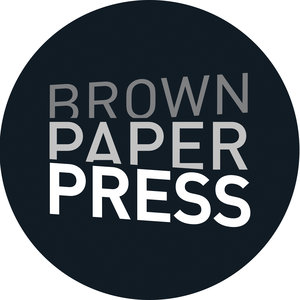Wilson High School’s head librarian sits with students who spoke about banned books at the Friends of the Long Beach Public Library banquet last month.
What do The Absolutely True Diary of a Part-Time Indian, Out of Darkness, The Hate U Give, and All Boys Aren’t Blue have in common? They’re all progressive books catered toward young adults. They’re all bestsellers. And they’ve all been banned from hundreds of schools and libraries.
According to the American Library Association, book censorship in this country is at all-time high, with three-quarters of the 1,500 books currently banned in public schools written by authors of color, LGBTQ authors, or other traditionally marginalized voices.
This is often done under the pretense of protecting young people from topics deemed “too mature” for their age levels, including profanity, sex, violence, and racism, as well as “LGBTQIA content” and “indoctrination into a social agenda.”
But at a Friends of the Long Beach Public Library banquet May 21, four tenth-graders spoke out about why these books are so important, making a powerful case for why they should be celebrated rather than hidden.
“I think the real reason this book has been banned by so many school districts is that it shows a real, unflattering perspective on how reservation culture has truly impacted Natives,” Jacquelyn Goshert, a 16-year-old at Wilson High School, said about Sherman Alexie’s The Absolutely True Diary of a Part-Time Indian. “We briefly learn about the Trail of Tears in history, and we quickly discuss how westward expansion forced many Natives out of their homes. But we never talk about the generational impact of what we learn: Indigenous people are still affected today by what our founding fathers did. This book does a beautiful job of displaying generational trauma of indigenous people in modern-day America.”
Dylan Ballard, a tenth-grader from Orange Lutheran High School, spoke about The Hate U Give, a novel inspired by the Black Lives Matter movement and centered on issues of racism and police brutality.
“In the book, the media, as well as the police department, saw a Black 16-year-old boy — like myself — as a thug, and thought it was better that he was off the streets. He wasn’t perfect, but nobody is — and that’s why I think this book is being banned. This book shows that the hate and judgment that is so prevalent in today’s time is detrimental to many people’s lives.”
Daphne Richards, another Wilson tenth-grader, discussed George M. Johnson’s All Boys Aren’t Blue, a memoir focused on the experience of growing up as a Black, queer man in America.
“So many books that delve into race and gender and sexuality issues get banned because parents question that. They’re afraid of what’s going to happen to their kids if they read it,” Richards said. “I trust that our peers are mature enough to understand that these stories need to be heard.”
With censorship at an all-time high, Richards reminded us that these books provide young people with representation, allowing them to connect with characters going through similar struggles. And even if they can’t personally relate to the story being told, they are learning empathy.
“If we do not celebrate these stories and tell these stories,” Richards asked, “how do we grow as a society? How do we learn to accept these different identities, and how do we allow children and teens to come to terms with these identities?”
Sofie Parker is a Cal State Long Beach student and intern at Brown Paper Press.





